Duncan Mackay: Iran not changed after judo ban as new film based on Mollaei incident set to shine light on regime
- Thursday, 21 September 2023
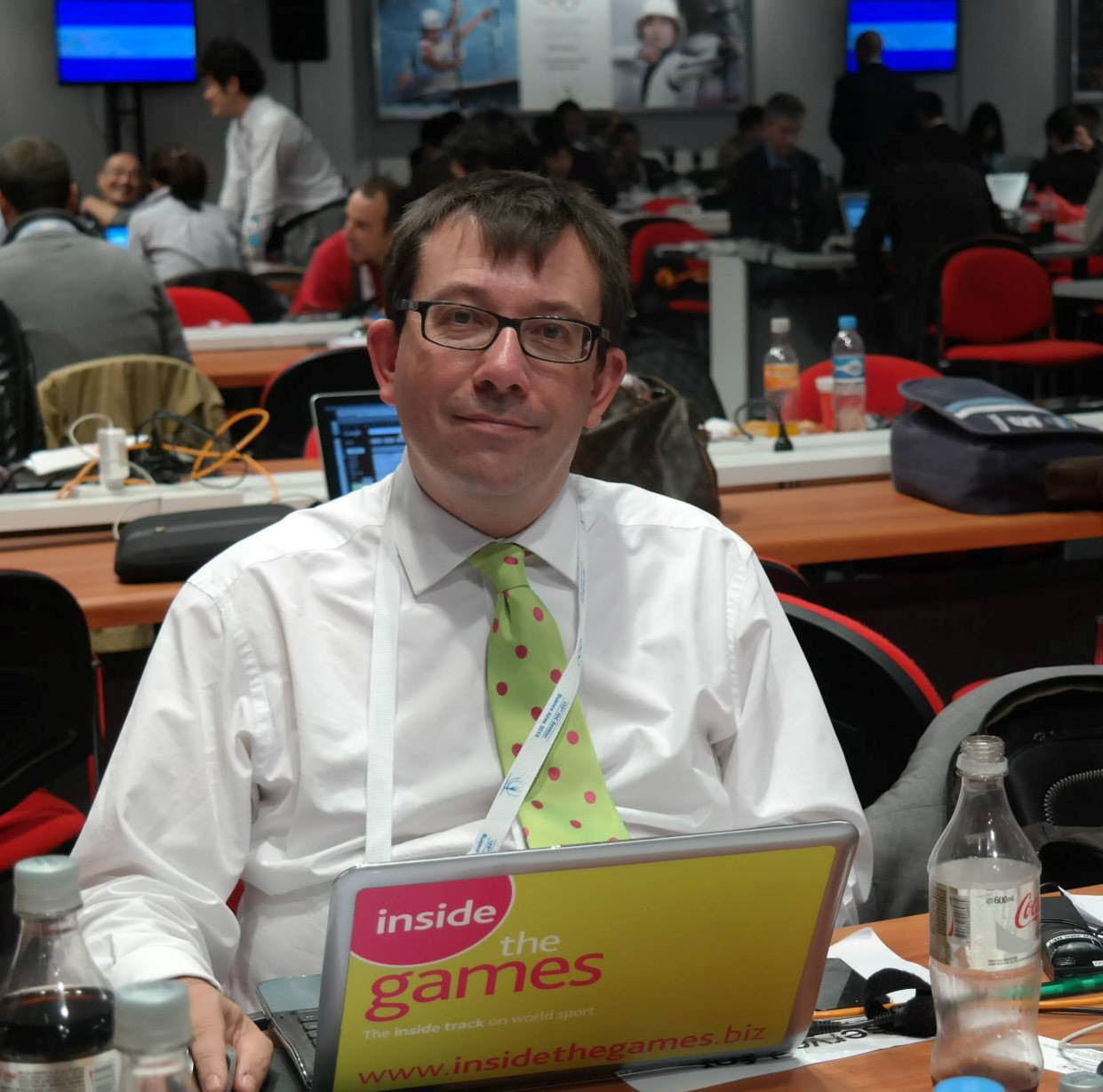
This week saw the lifting of a four-year ban on the Iran Judo Federation imposed after it refused to allow its competitors take part in bouts against opponents from Israel.
International Judo Federation (IJF) President Marius Vizer had originally tried to hand Iran an "indefinite" ban after Saeid Mollaei was ordered to withdraw from the 2019 World Championships in Tokyo in order to avoid competing against an Israeli opponent.
But that was appealed to the Court of Arbitration (CAS), who ruled that the IJF could not give the country an indefinite suspension but did uphold a four-year ban.
At is Annual General Meeting (AGM) in Tehran on Monday (September 18), the day after the suspension officially ended, Iran Judo Federation (IRIJF) President Arash Miresmaeili admitted they had been "painful" years.
But, having had the door opened to welcome them back, it would not be a surprise if it is soon slammed back in their faces.
Vizer has made it clear that he will not tolerate Iran’s anti-Israel normalisation policy, but Miresmaeili has made it equally clear that they have no plans to change their stance.
"We had a very difficult and painful four years and now we hold our heads high that we stood by our beliefs and values and tried to keep Iran's judo alive," Miresmaeili told the AGM. "Today, the judo of the world saluted the judo of Iran, and I am proud to say that we sacrificed for dear Iran."
Also, this week, Iran’s President Ebraham Rai warned Middle Eastern countries not to normalise relations with Israel.
"The normalisation of relations with the Zionist regime does not create security," Raisi said at the United Nations General Assembly in New York City.
__________________________________________________________________________________
Esta semana se levantó una prohibición de cuatro
años impuesta a la Federación de Judo de Irán después de que se negó a permitir
que sus competidores participaran en combates contra oponentes de Israel.
El presidente de la Federación Internacional de
Judo (FIJ), Marius Vizer, había intentado inicialmente imponer a Irán una
suspensión "indefinida" después de que se ordenara a Saeid Mollaei
retirarse del Campeonato Mundial de 2019 en Tokio para evitar competir contra
un oponente israelí.
Pero eso fue apelado ante el Tribunal de Arbitraje
(CAS), que dictaminó que la FIJ no podía otorgar al país una suspensión
indefinida, pero sí mantuvo una prohibición de cuatro años.
En su Asamblea General Anual (AGM) en Teherán el
lunes (18 de septiembre), el día después de que terminara oficialmente la
suspensión, el presidente de la Federación de Judo de Irán (IRIJF), Arash
Miresmaeili, admitió que habían sido años "dolorosos".
Pero, habiendo abierto la puerta para darles la
bienvenida, no sería una sorpresa que pronto se les cerrara en la cara.
Vizer ha dejado claro que no tolerará la política
de normalización antiisraelí de Irán, pero Miresmaeili ha dejado igualmente
claro que no tienen planes de cambiar su postura.
"Tuvimos cuatro años muy difíciles y dolorosos
y ahora mantenemos la cabeza en alto porque defendimos nuestras creencias y
valores y tratamos de mantener vivo el judo de Irán", dijo Miresmaeili en
la Asamblea General Anual. "Hoy, el judo del mundo saludó al judo de Irán
y estoy orgulloso de decir que nos sacrificamos por el querido Irán".
Además, esta semana, el presidente de Irán, Ebraham
Rai, advirtió a los países de Oriente Medio que no normalizaran las relaciones
con Israel.
"La normalización de las relaciones con el
régimen sionista no crea seguridad", dijo Raisi en la Asamblea General de
las Naciones Unidas en la ciudad de Nueva York.
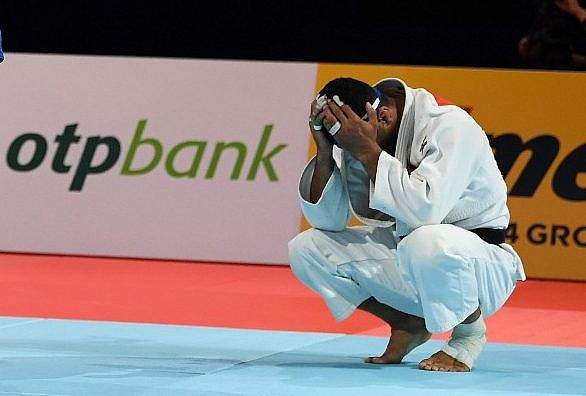
It seems inevitable that the first time an Iranian judoka is drawn against an Israeli then they will withdraw on the orders of the Government and the IJF will re-impose the ban.
For Mollaei, the consequences of what happened at those World Championships in the Japanese capital, when he was ordered to lose against Belgium's Matthias Casse in the semi-final, have been far-reaching and life changing. He had to move to Germany admitting he was afraid to return to Iran after exposing and criticising its pressure on him to deliberately lose in the World Championships to avoid having to face Israel’s Sagi Muki.
He competed for Mongolia at the re-arranged 2020 Olympics in Tokyo, winning a silver in the under-81 kilograms category. Afterwards, among the people he dedicated his medal too was Israel. He will never be allowed to return to Iran.
Only Vizer at the IJF has had the courage of any sports leader to face up to the issue, with the International Olympic Committee under Thomas Bach having consistently warned Iran they would be banned for violating the Olympic Charter.
Bach has so far refused to carry through with his threat because he claimed Iran had signed a letter, promising that they would put an end to the ban on competing against Israeli athletes.
Everyone in Olympic sports and with the slightest knowledge of Iranian politics, knows that letter is not worth the paper it is written on.
The controversial topic is soon set to be bought to the attention of a much wider audience with the release of a new film called Tatami, recounting the story of an Iranian judo star who rejects her Government’s rules about never facing an Israeli athlete in an international competition (sound familiar?).
The film, premiered at the Venice Film Festival earlier this month, was jointly directed by award-winning Iranian actress Zar Amir, who also stars as the judoka’s trainer, and Israel’s Guy Nattiv.
Amir and Nattiv worked "undercover," filming in Georgia - where both Israelis and Iranians are allowed to visit - while staying at separate hotels and speaking in English.
"I knew there are many Iranians there, so we were trying to keep it calm and secret," Amir told Reuters. "What I have learnt about the Iranian Government is that as long as you are afraid, they can arrest you, they can kill you, they can make trouble around you. But as long as you are not afraid … it is going to be fine."
Nattiv was aware of the risks of shooting the film. "We were undercover," he said. We knew it was a dangerous thing."
Shot in black and white, Tatami unfolds over the course of a single day of competition for an Iranian judo champion, played by American actress Arienne Mandi, who is instructed to fake an injury to avoid a potential match against an Israeli judoka.
The film was inspired by the incident involving Mollaei. Since fleeing Iran, he and Muki have become close friends and finally faced each other as opponents last year at the Budapest Grand Slam. Mollaei won by immobilisation in the third round of the tournament, and the two men hugged after the fight.
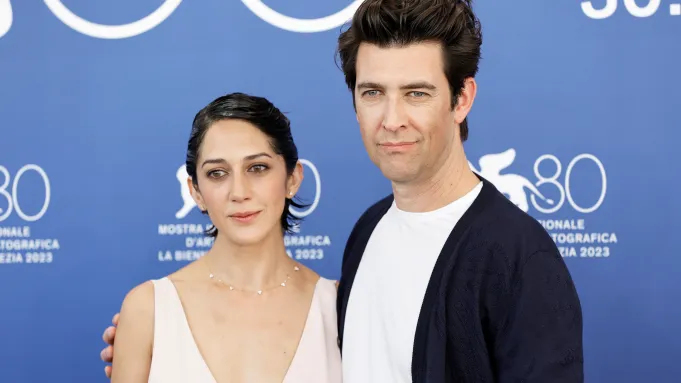
Amir is currently also in exile, in France, having fled in 2008 over fear of imprisonment stemming from a sex tape scandal and understands some of what Mollaei felt.
"At school, I was taught that Israel does not exist," she told Agence France-Presse. "We are not allowed to work together, to meet, to make friends or compete with this imaginary enemy."
Tatami also drew inspiration from the death of 22-year-old Iranian Mahsa Amini, who was allegedly beaten by police in Tehran over Iran’s mandatory hijab policy last year.
Her death sparked an unprecedented protest movement across Iran, and has also had consequences for sport with a number of women being punished for not wearing a hijab in competition.
"We just felt this sudden urgency of telling the story," Amir told The Hollywood Reporter. "I think we all somehow felt like we were in this revolutionary time while making this movie."
After finishing shooting Tatami, she took a secret trip to Israel to help with the editing alongside her new friend Nattiv.
"I loved it," she said. "We could be from the same nation, the same family, we are the same."

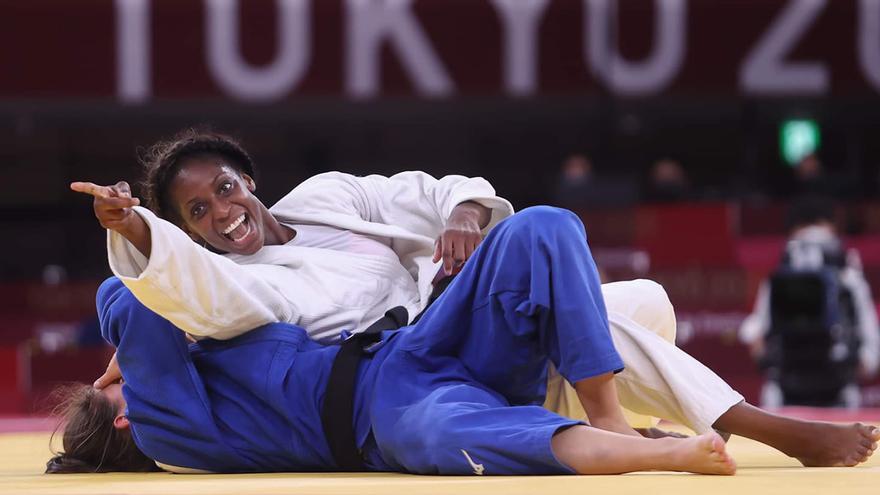
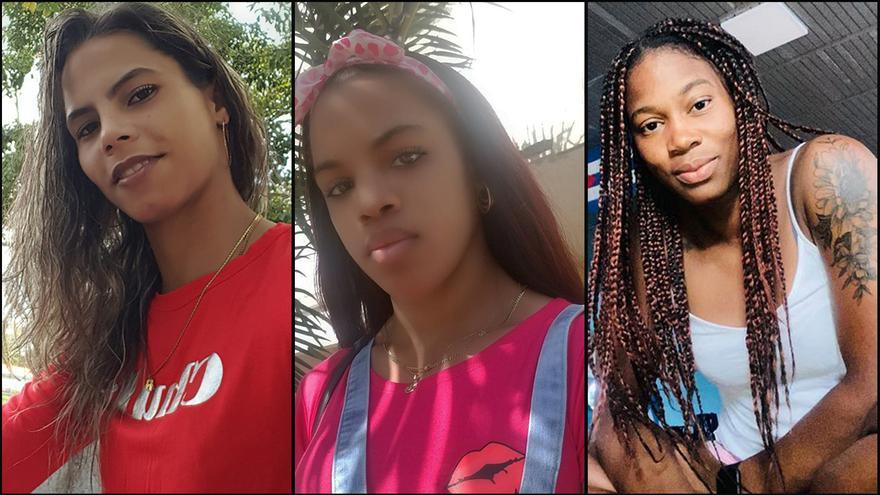

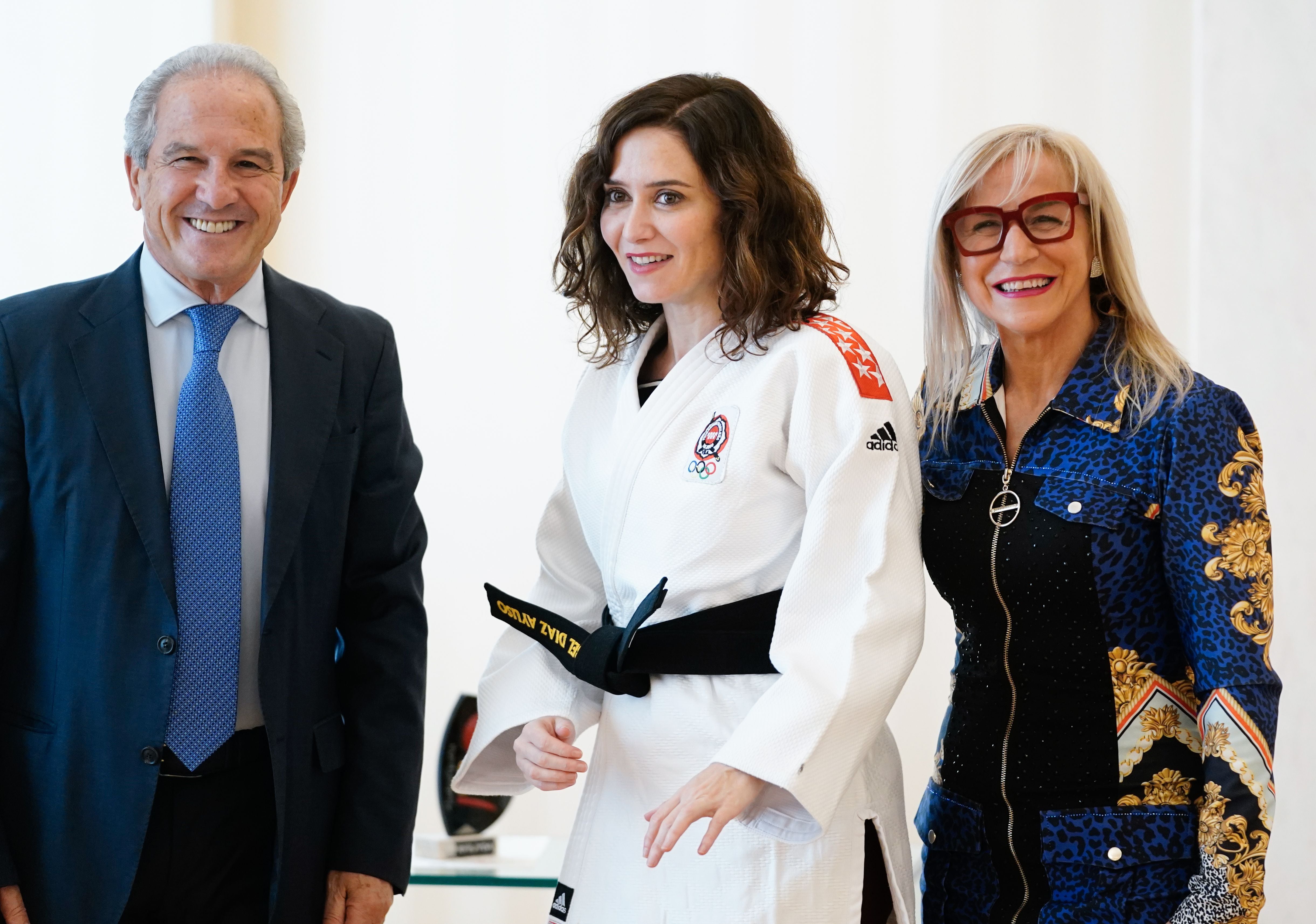
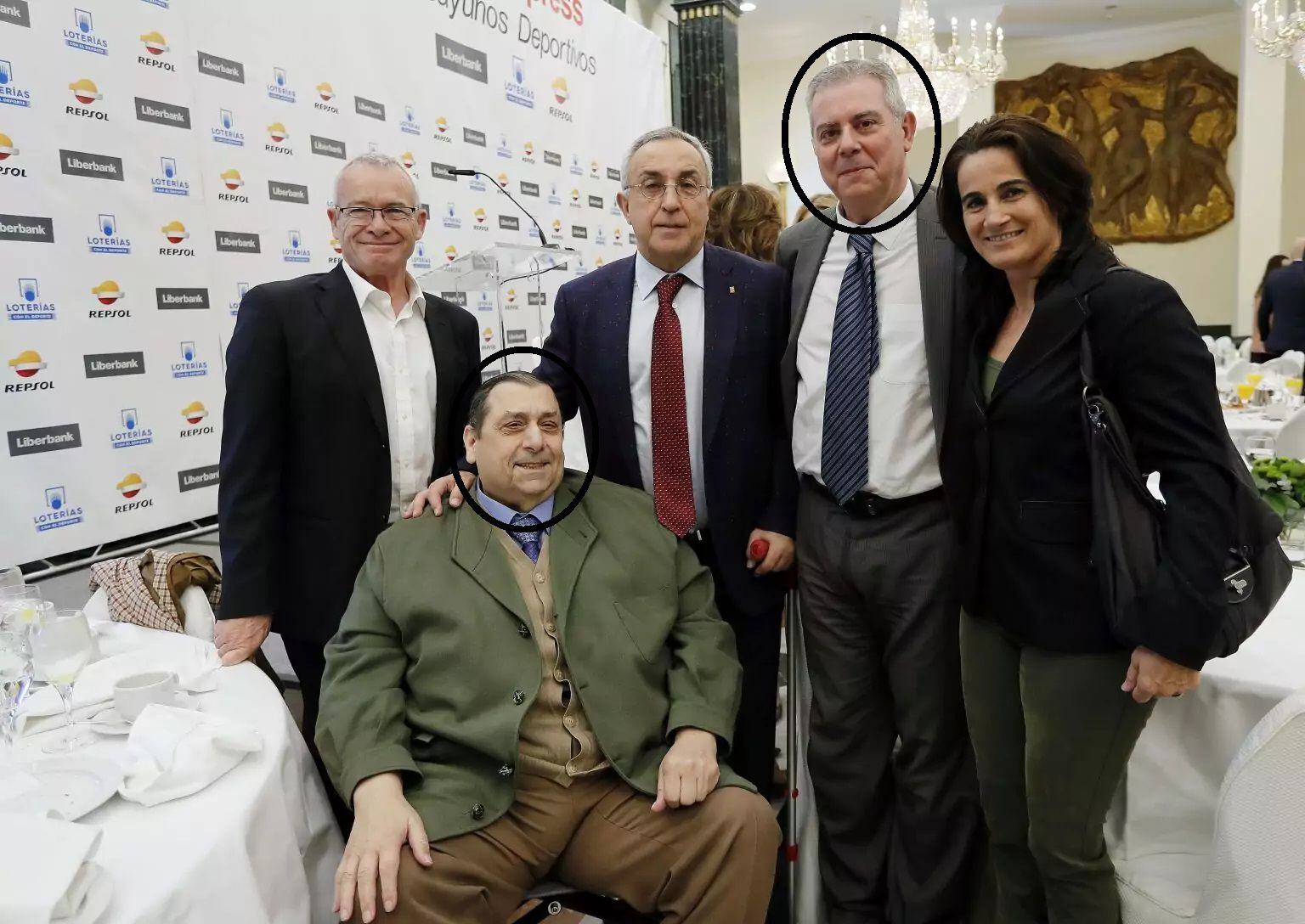
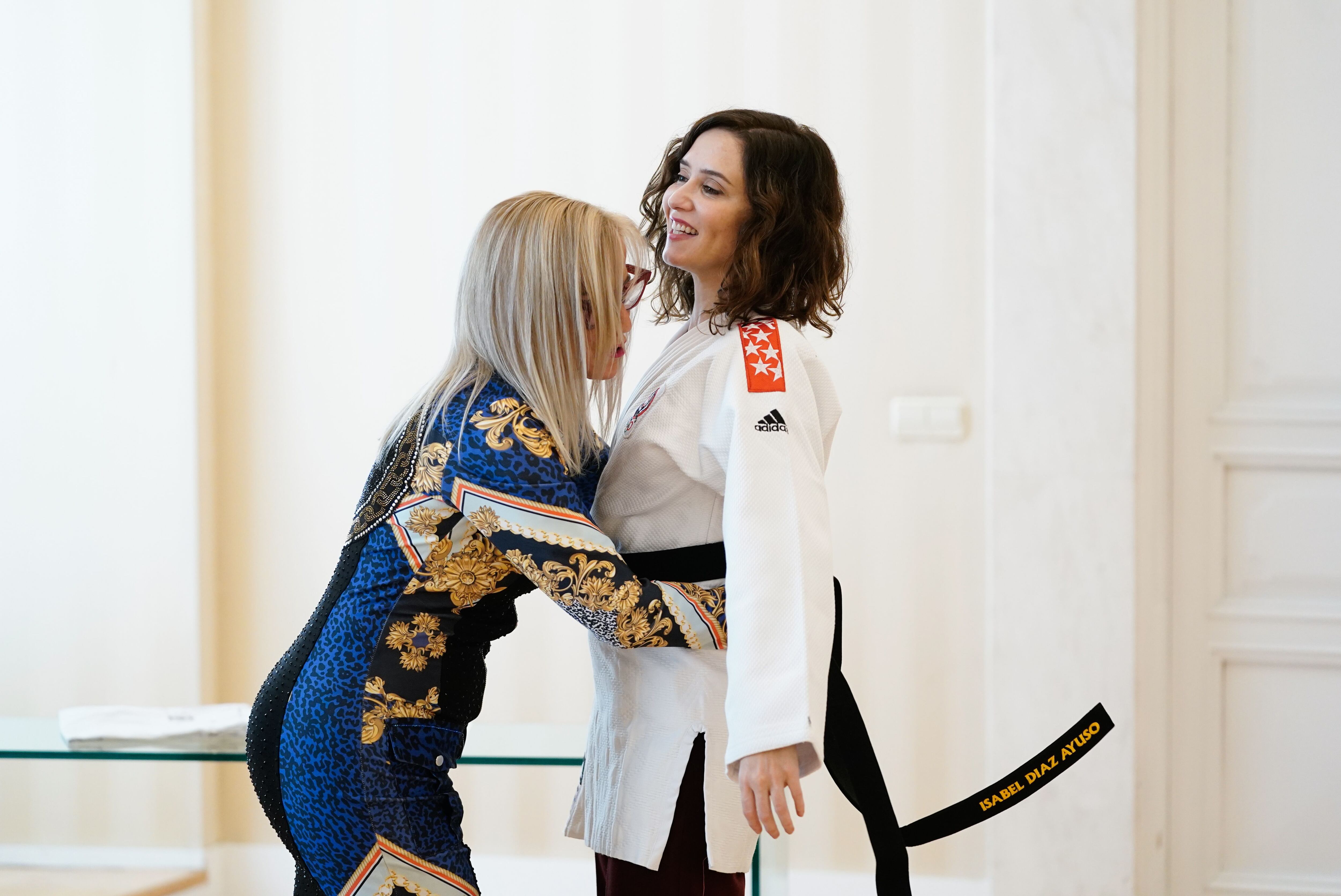


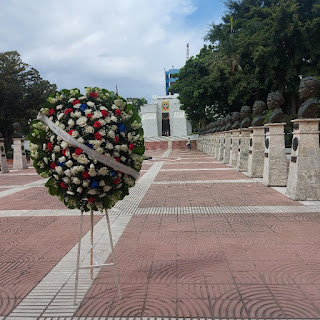










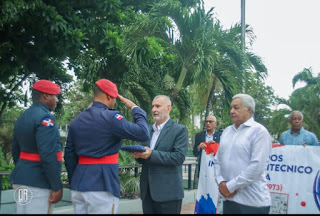
















anexionista
gatovolador
La-Mascara-Negra
meresbala
La-Mascara-Negra